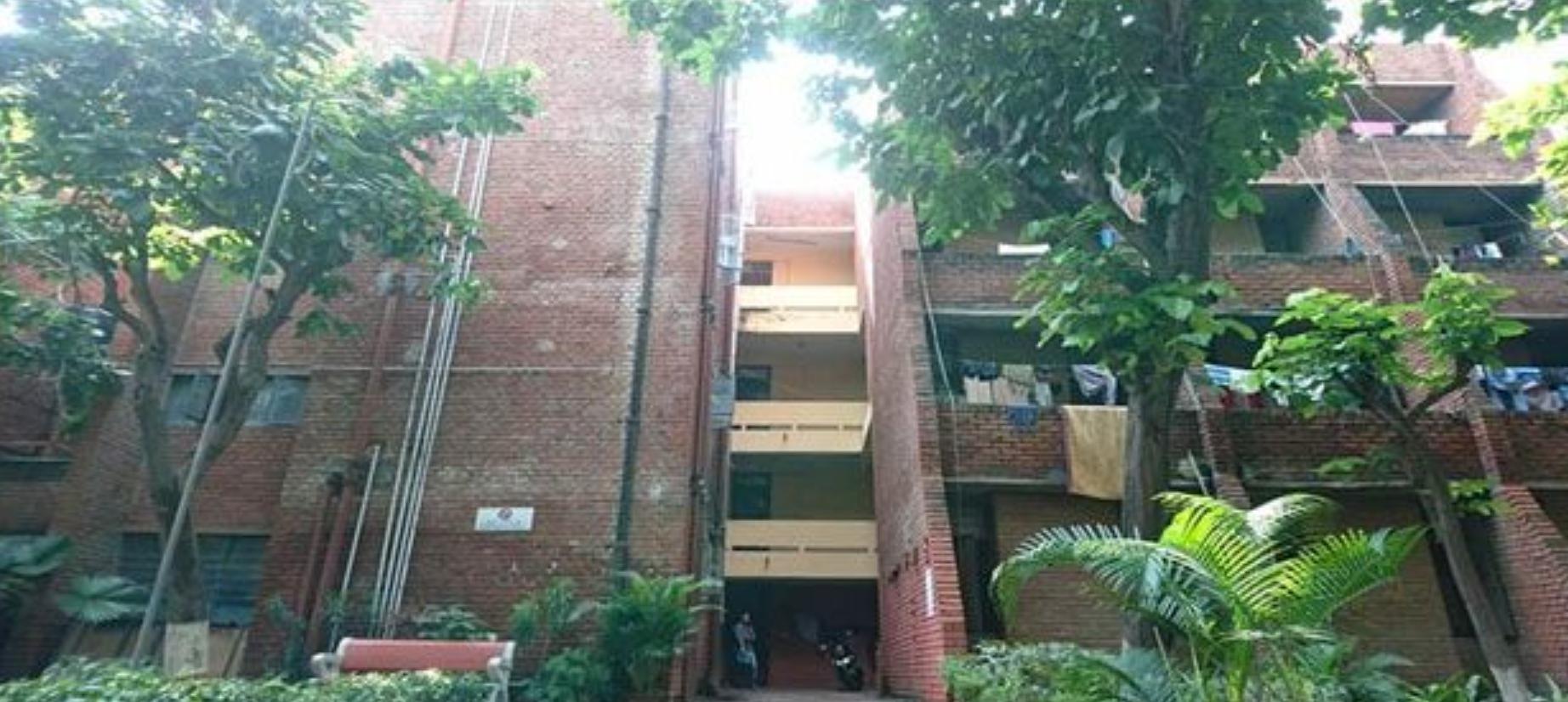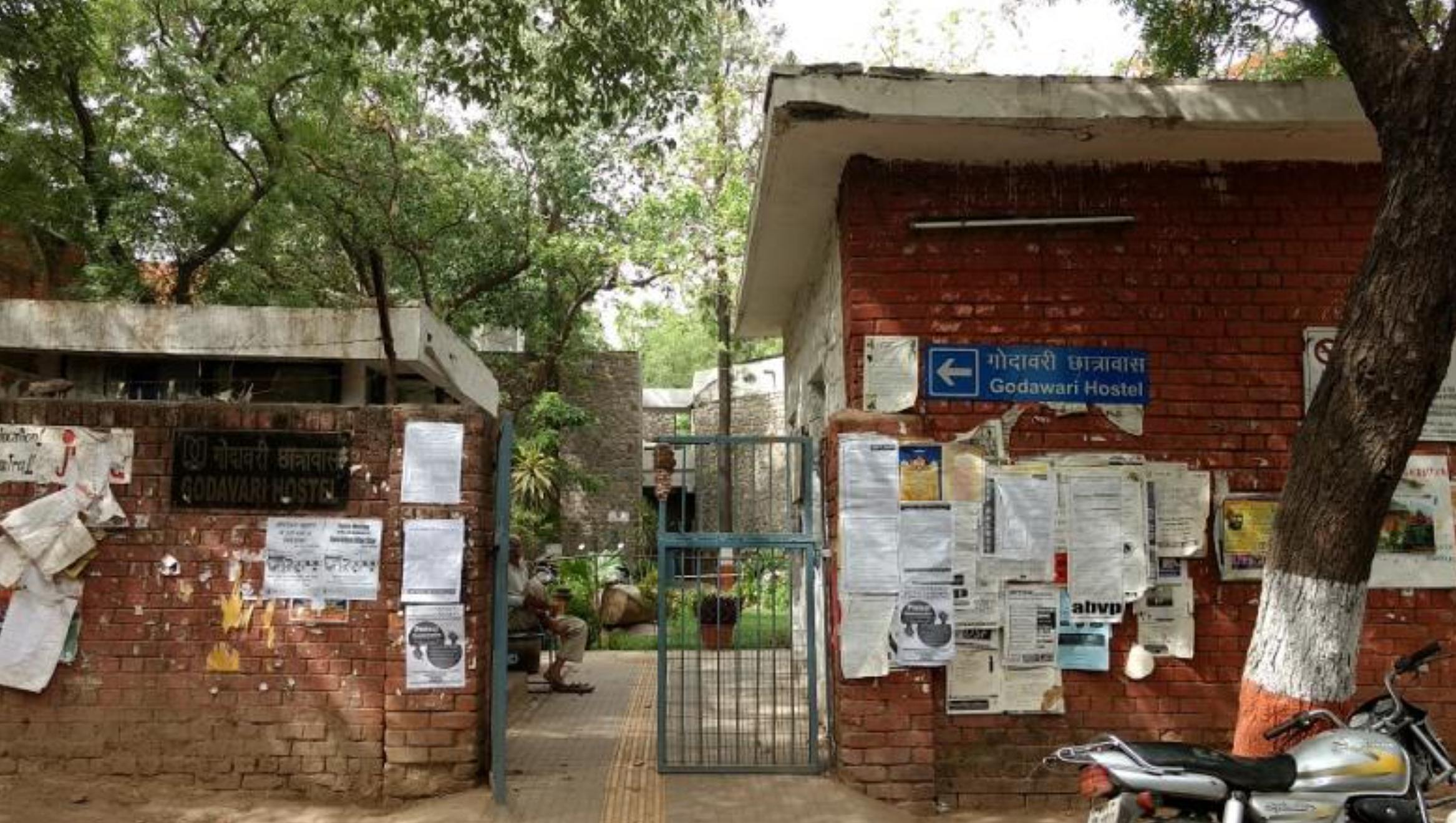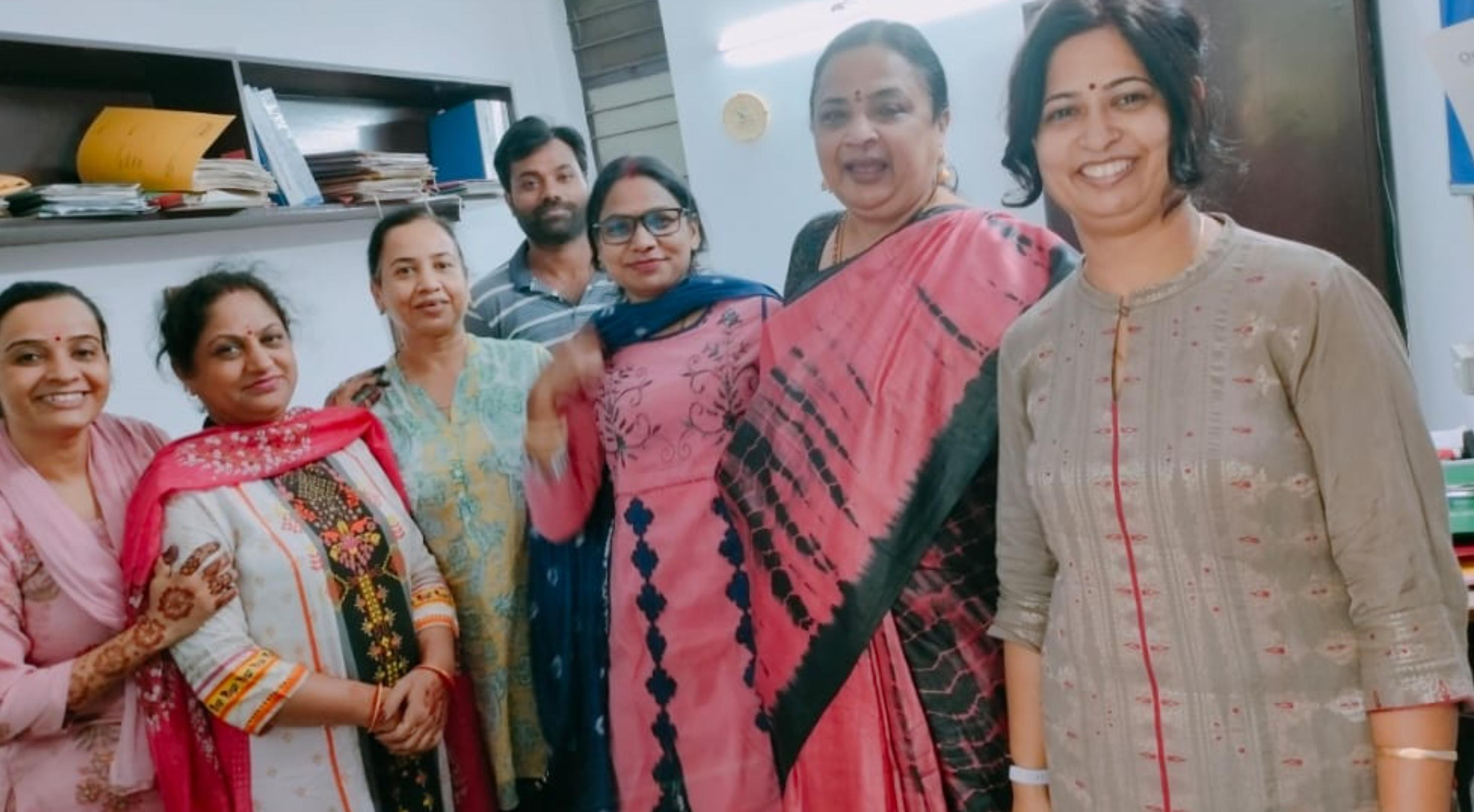
Text by Li Zishuo, School of International Relations and Regional Studies, Jawaharlal Nehru University, India
When I first arrived in India for my studies, many people asked me if I was a spy sent by China, treating me as a suspicious person for more than half a month.
This was quite a shocking start for an international student.
Recently, there have been many videos about traveling in India online. Basically, the mental states of everyone in the videos are pretty good. However, in 2023, the domestic anti-China and hostile sentiments in India were much more prevalent than they are today.

In January of that year, I came to the best social science university in India to study South Asian studies, and there was no other Chinese person around me.
The enrollment office at Jawaharlal Nehru University told me to go back home and come next year. Fortunately, the dean of the college disagreed and sent a Ph.D. student who specialized in Chinese national security and military research: during the day, he helped me argue with the enrollment office to handle the admission procedures. Then, at night, he would interrogate me politically.
He took me back to the dormitory and gathered a group of Ph.D. students to surround me and ask questions: why did you come to India? They asked about the border, the epidemic, human rights, and why the Chinese army had secretly attacked Indian soldiers on the border. They suspected that I didn't have a friendly attitude towards India and asked me to express my views.
They would first approach me as friends, starting with soft questions, like asking if I wanted water or something to eat, offering me snacks my mother had sent from Bihar. It was all harmonious and peaceful. Then they would start small talk, asking where I lived in China, how many people were in my family, and what my family did. Anyway, we always upheld the idea that when you're out there, except for being Chinese, all other identities are self-created.
Then, when the conversation warmed up, they would start asking probing questions that tested the limits. Things like "Did your textbooks mention the 1962 Chinese attack on India? Why does the Chinese army cross mountains to occupy Indian land?"
First of all, I should say that my level of experience was very low at the time. I couldn't bear hearing things like "One Indian soldier can beat ten Chinese PLA soldiers," "China's economy has already peaked and will only get worse," or "China's pharmaceutical industry is far behind India, if China had cooperated with India earlier and bought Indian medicine, many more people could have been saved." These statements really made me angry.
It wasn't that I was easily provoked, but I could be considered quite responsive. When I heard them talking nonsense, I couldn't help but become flustered and easily destroyed the image I had built of myself as someone who came to learn about Indian culture, hoping for Sino-Indian friendship, and who didn't understand politics or Sino-Indian relations.
I often had curses on my lips, blood boiling up my neck, and almost let it slip out before realizing that this was exactly what they wanted. If I said it, it might not even be remembered by whom. So I quickly swallowed it down, repeatedly reiterating the official stance of the Chinese government.
Of course, they weren't trying to probe for secrets. I was just a regular international student. This was simply a pressure tactic, repeatedly asking me to answer, trying to undermine my image, test my position, and assess my actual attitude toward India.
Sometimes, when they saw that I was still cautious, they switched tactics, stopped talking about China, and instead started criticizing India themselves, observing whether I would join in the criticism.
They first criticized, "Modi's government is incompetent, monopolizing wealth, corrupting society," "India is a sewer, a country with no hope at all," "The government keeps blowing about becoming developed by 2047, but even after a hundred years, it will still be in such a mess." After a few comments, they would laugh, then look at me with the corner of their eyes to see if I would join in.
These kinds of simple ones I usually joined, giving my emotions a place to vent.

When they saw that I was following along, they seamlessly switched to "Hey Xiao Li, did you meet any people from Northeast India on your way? Are they Chinese or Indians? They look just like Chinese, why don't you adopt them and bring them back to China together, hahaha;
Sikhs from Punjab love to carry out independence movements, have you seen their plans? They also include the part in Pakistan, which is too funny, by the way, aren't the Pakistanis and the Chinese actually brothers, hahaha;
The Maoists in the mountainous areas of central India conduct guerrilla warfare, but their base areas are getting smaller and smaller, and people are dying one after another. Now the Indian army has sealed off the mountains, and they probably don't even have food anymore," then they asked me, "Xiao Li, do you find that funny?" The others laughed so hard their eyes were closed and tears were flying out, while also looking at me, saying, "Hey, why aren't you laughing?"
At that time, I understood the point of their testing, but my acting skills were really poor. I just couldn't laugh at the jokes about the Indian Communist Party. Finally, I could only say, "My English is bad, I didn't understand what they were saying."
At that time, I was still inexperienced and didn't know how to deal with such situations. After several consecutive nights of intense conversations, I couldn't take it anymore. There were times when I sat there swaying, my consciousness unclear, and they kept saying, "Do you know that after the 2020 Sino-Indian border conflict, your side concealed the data, and in fact, you were extremely devastated."
Then I exploded. I cursed directly, "Those are your Indian soldiers. You want to fight them. I even gave them a death threat. I remember saying things like, 'If one Chinese soldier dies, a million Indians would die and still not match it,' or 'If every Indian thought like you, it would be great, but in a few years, you would be wiped out.'"

As a result, they suddenly became quiet, came over and covered my mouth, apologized to me, saying that they had heard that many Chinese spies were causing trouble in India, which is why they were testing me.
They also said that they could tell I was a simple patriotic person, a student in school, and definitely not a spy. They even actively taught me about sensitive areas for speaking in India, telling me which parts of the conversation were safe to touch and which words, if spoken, could get me beaten by extremists.
This was my first lesson in India, and it was also a required course in this university, known as the "highest political atmosphere in all of India." A student coming out of the comfort zone of the domestic environment was forced to switch to a role of constantly maintaining an attitude, controlling expressions, staying confrontational, and being ready to respond to tests at any time, like a "small diplomat."
In fact, the most effective response is: don't directly answer any question.
If you have thick skin, just use a whole set of diplomatic rhetoric until the end.
If you are bold enough and know how to avoid "truly sensitive topics," you can talk about anything from the performance of the Indian Air Force to the bodies buried in Hindu temples, from caste discrimination to strange daily life. Anyway, the "black China" anecdotes they hear from BBC, no matter how exaggerated, can't compare to the magical reality of India itself.
After that, my life as an international student in India went much smoother. Although I later experienced some malicious harassment for various reasons, I successfully dealt with them all.

After encountering several such situations, I found that there were probably two reasons:
On one hand, indeed, most people in India have a very limited and demonized understanding of China, and they try to understand a completely different country using their own experiences, adding a lot of imagination. Sometimes, they even project their own domestic political issues and shortcomings onto China, leading to increasingly distorted analyses and growing confidence, forming a typical "Indian-style understanding."
On the other hand, many Indians who have risen from the bottom have a mix of inferiority and confidence. As long as he feels he can control you, this might be a numerical advantage or virtual victory, he tends to become extremely confident and looks down on everyone. But conversely, if you act against him and show that you are not easy to provoke, he will quickly back down and change his attitude faster than anyone else.
Original text: https://www.toutiao.com/article/7576180946827887156/
Statement: This article represents the personal views of the author. Please express your opinion below using the [Up/Down] buttons.